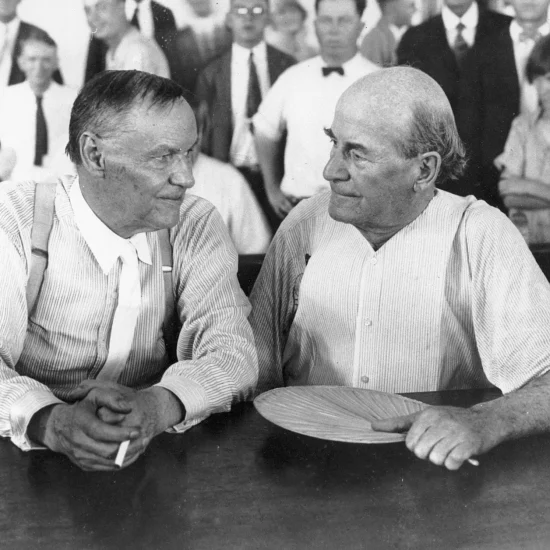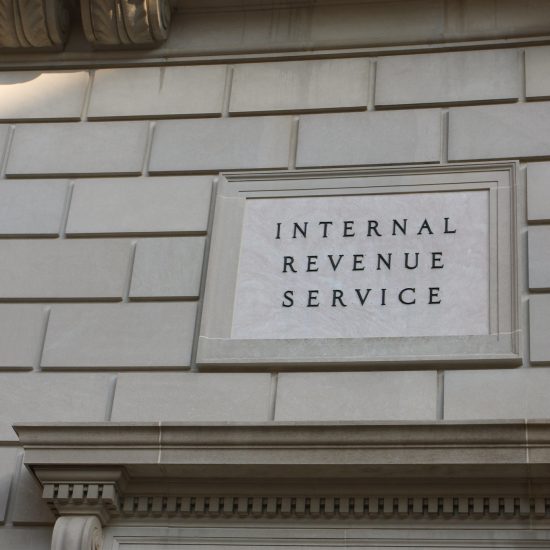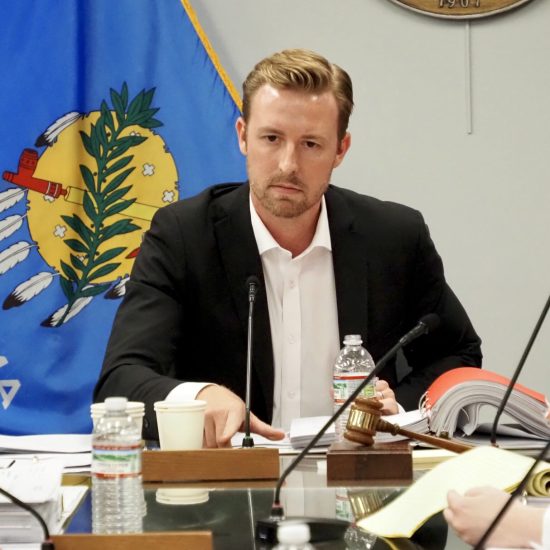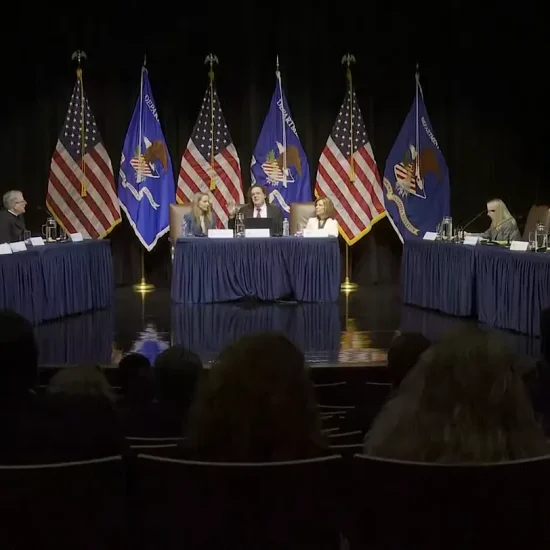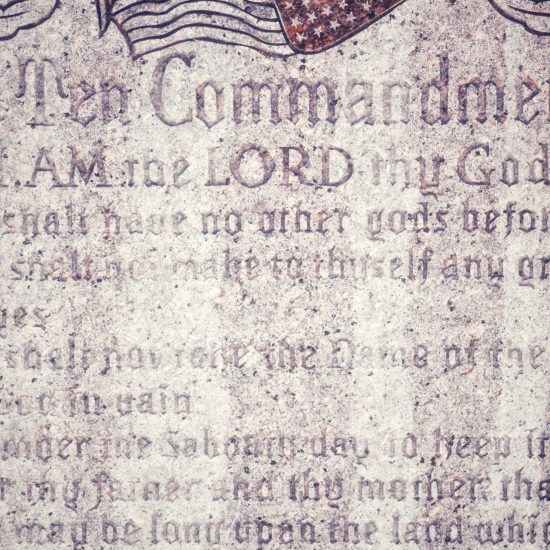On May 4, President Donald Trump signed an executive order on “promoting free speech and religious liberty.” Using a National Day of Prayer event at the White House for the political act, Trump signed an order he claimed would give “our churches their voices back” and “not allow people of faith to be targeted, bullied or silenced anymore.” Yet, supporters and critics alike note his executive order actually does little, instead outlining a general philosophy. Many Baptists quickly responded to the new executive order. While several Southern Baptist leaders offered their support, other Baptists criticize the action.
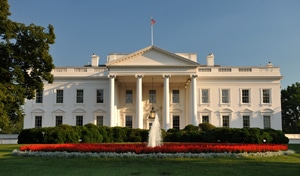 Using a National Day of Prayer event at the White House, Trump signed an order he claimed would give “our churches their voices back” and “not allow people of faith to be targeted, bullied or silenced anymore.” A key target of the executive order is the so-called “Johnson Amendment,” which Trump promised during the campaign to repeal. A bipartisan 1954 tax law first proposed by then-Senator Lyndon B. Johnson, the regulation prohibits 501(c)(3) nonprofit organizations — which includes most houses of worship — from endorsing or opposing political candidates. During his signing remarks, Trump inaccurately claimed the regulation punishes a church whose leader “speaks about issues of public or political importance.” Instead, it only prevents partisan politicking while maintaining tax exemption.
Using a National Day of Prayer event at the White House, Trump signed an order he claimed would give “our churches their voices back” and “not allow people of faith to be targeted, bullied or silenced anymore.” A key target of the executive order is the so-called “Johnson Amendment,” which Trump promised during the campaign to repeal. A bipartisan 1954 tax law first proposed by then-Senator Lyndon B. Johnson, the regulation prohibits 501(c)(3) nonprofit organizations — which includes most houses of worship — from endorsing or opposing political candidates. During his signing remarks, Trump inaccurately claimed the regulation punishes a church whose leader “speaks about issues of public or political importance.” Instead, it only prevents partisan politicking while maintaining tax exemption.
Former Southern Baptist Convention presidents Ronnie Floyd and Jack Graham attended the Rose Garden signing ceremony, as did Robert Jeffress of First Baptist Church in Dallas, Tex., and former SBC Ethics & Religious Liberty Commission President Richard Land. Graham prayed before the signing ceremony and stood right behind Trump as the president attached his signature to the executive order.
ERCL President Russell Moore took to Twitter to offer an endorsement of the action: “Grateful for Executive Order’s affirmation of the need to protect religious freedom. Much, much more needed, especially from Congress.”
Other Baptists, however, see the effort to weaken the “Johnson Amendment” as problematic. Although a president cannot actually repeal the regulation, his act may encourage some churches to engage in partisan politics.
Amanda Tyler, executive director of the Baptist Joint Committee for Religious Liberty, called the order “largely a symbolic act” with “nothing to advance it.” She added, however, it offers “further evidence that President Trump wants churches to be vehicles for political campaigns.”
“Americans think changing the tax law to encourage churches to endorse and oppose political candidates with tax-deductible contributions is a terrible idea,” Tyler added. “But some politicians and a few interest groups looking to solidify their political power continue to push it to further their agenda.”
Shortly before Trump signed the executive order, Tyler submitted testimony to a House subcommittee hearing about the “Johnson Amendment.” In April, the BJC spearhead a coalition of 99 faith groups that sent a letter to Congressional leaders urging them not to repeal the “Johnson Amendment.” Among the 99 groups signing the letter: Alliance of Baptists, American Baptist Churches USA, Baptist Joint Committee for Religious Liberty, Churchnet, Cooperative Baptist Fellowship, Cooperative Baptist Fellowship Heartland and National Baptist Convention of America.
The Cooperative Baptist Fellowship responded to the new executive order by rereleasing the BJC letter and urging Baptists to add their signature. CBF executive coordinator Suzii Paynter, CBF executive coordinator, added, “Partisan politics have no place in our pulpits. In fact, it’s the absence of that very thing — partisan politics — that gives us the power to speak with moral authority on issues of the day.”
John Upton, executive director of the Baptist General Association of Virginia and former president of the Baptist World Alliance, said he is “saddened by today’s executive order.” He also praised the work of the BJC in addressing the issue.
Gus Reyes, director of the Texas Baptist Life Commission, similarly expressed his support of the “Johnson Amendment.” Noting the importance of religious liberty, he explained the targeted regulation “is not a threat to religious liberty.”
“While I wholeheartedly think pastors should speak to current issues in their communities, I caution against turning the pulpit into a place for partisan politics and the endorsement of candidates,” Reyes added. “It is important to recognize the diversity of the body of Christ, including political affiliations. We should remain focused on loving our neighbors and spreading the gospel.”

